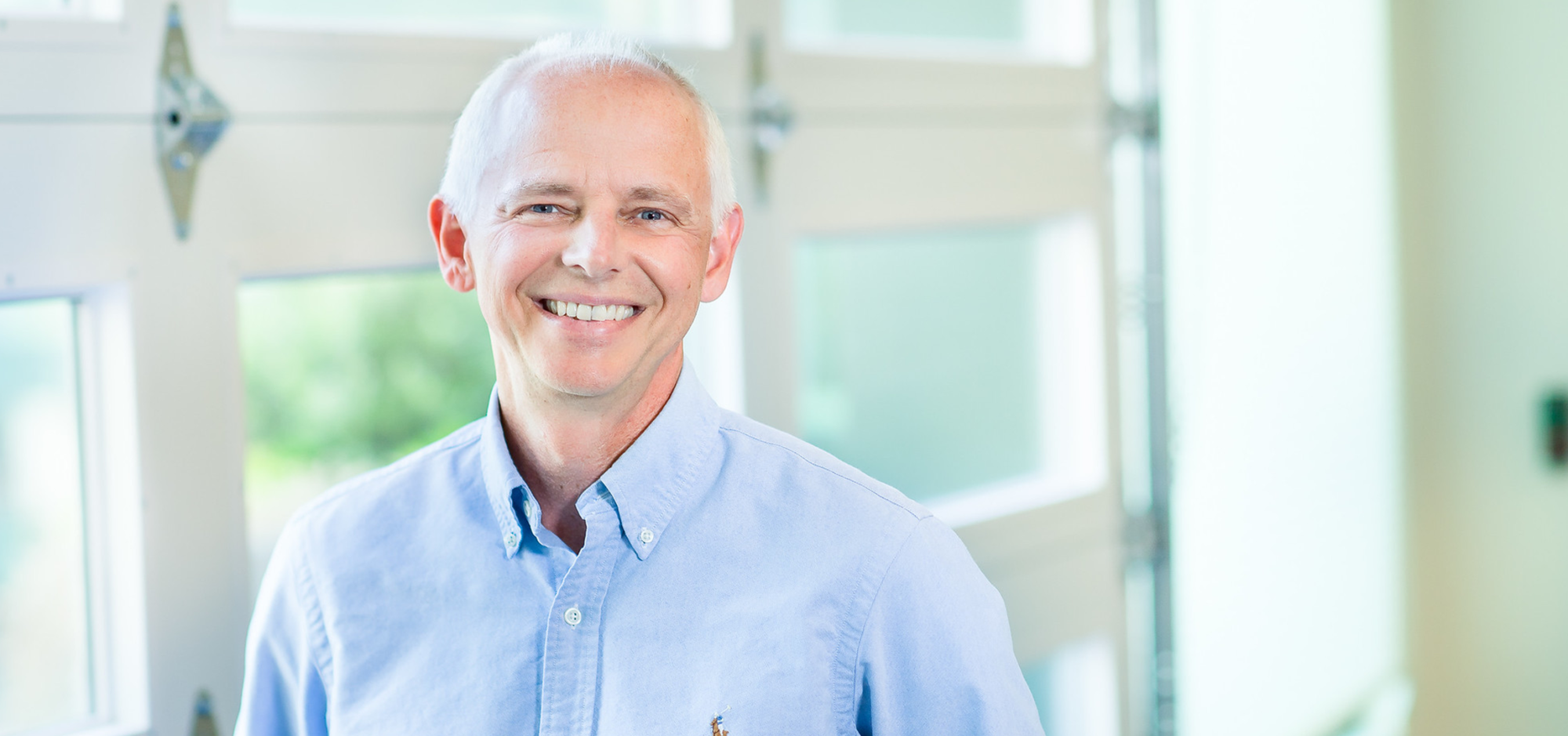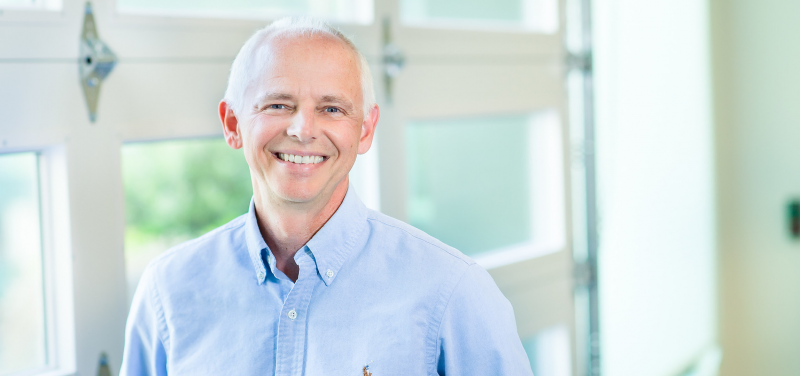Going up against giant companies in entrenched industries is a lot of fun. When most people see the way things already are, it’s hard for them to see what’s possible. They believe change is too risky, too expensive or too hard. But if you have a vision for how to improve something that’s big, important and broken, you won’t find anything more rewarding than pursuing it.
When I co-founded Tesla in 2003, there weren’t any fully-electric cars on the market. All the car companies said electric was dead. They had tried it and couldn’t make it work. But the truth is, the big companies had no interest in electric cars. They didn’t know how to make them and they had built their companies entirely around the combustion engine. They couldn’t see how it would be possible for them to restructure everything about their businesses and be part of creating an all-electric future.
Consumers came around faster than the car makers. For a long time people thought electric cars had to be small and slow. With Tesla, we showed that electric cars can be fun and zippy, with faster acceleration than any gas-powered car can offer. Electric cars are also less expensive to operate, with super low maintenance costs and fuel costs that can be near zero. As batteries continue to get cheaper and better, we are rapidly approaching a tipping point where it will seem ridiculous to own a gas-powered car.
Tesla got people to buy into electric cars by proving that sustainability doesn’t have to mean settling for less — in fact, it could be a major upgrade over what was there before. Sustainability is literally essential to our survival, but the truth is, most people don’t make buying decisions solely based on what’s good for their health or the health of the planet. New solutions have to be significantly better than the easy, unhealthy alternative. They also need to be cheaper. When you get to that point, incumbents don’t have a chance.
Fast-forward a few decades and that model will be replicated many times in many industries, from water and energy to what we eat and how we raise and grow our food. I became an investor to help entrepreneurs bring about radical change in old industries by creating sustainable products and experiences that are significantly better than the old way of doing things.
Share something you think might shock people:
Of all the plastic we have ever made, only 4% is not with us today — 2% gets incinerated, 2% gets recycled, and the rest stays here forever. Many of us are very diligent about putting things in the recycle bin, but in the end, most of that ends up in the landfill. Plastic is really, really hard to recycle. Aluminum cans are the only thing that recycles well. Someone needs to fix that.
What are the biggest problems you want to see solved in the next decade?
We are dependent on our food and agriculture systems, but they’re deeply broken. The way we grow produce and animals for food and milk have evolved along a certain path because of structural systems that are finally beginning to change — both out of necessity and opportunity.
Technology is making it possible for the economics of healthier, more sustainable systems to make more sense than traditional methods. Sustainability is a crisis that affects multiple industries.
Energy is another enormous opportunity. In our lifetimes we will see a massive decline in the need for fossil fuels and the decentralization of utilities, driven by increased consumer demand and control over the way we power our homes and cars.

